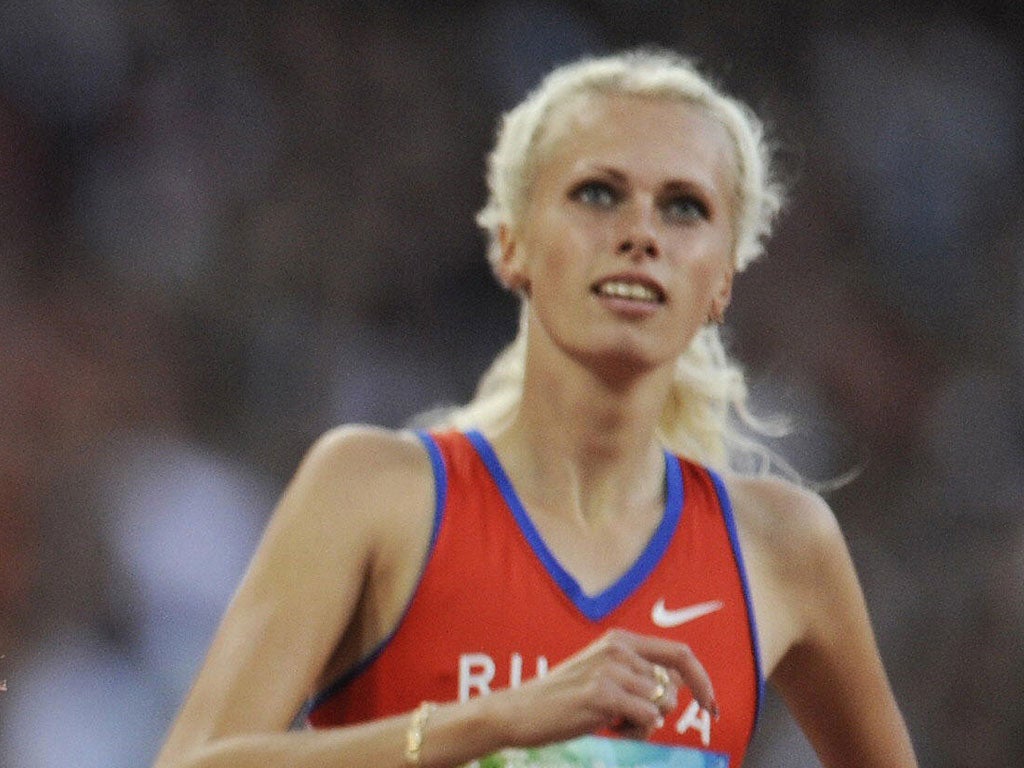Drug cheats will be caught, insist Games chiefs

Your support helps us to tell the story
From reproductive rights to climate change to Big Tech, The Independent is on the ground when the story is developing. Whether it's investigating the financials of Elon Musk's pro-Trump PAC or producing our latest documentary, 'The A Word', which shines a light on the American women fighting for reproductive rights, we know how important it is to parse out the facts from the messaging.
At such a critical moment in US history, we need reporters on the ground. Your donation allows us to keep sending journalists to speak to both sides of the story.
The Independent is trusted by Americans across the entire political spectrum. And unlike many other quality news outlets, we choose not to lock Americans out of our reporting and analysis with paywalls. We believe quality journalism should be available to everyone, paid for by those who can afford it.
Your support makes all the difference.Anti-doping chiefs have denied suggestions that it is easier to get away with cheating at the Paralympic Games than it is at the Olympics. Officials have admitted that they are unable to test every medal winner because of the sheer number of events held over the 12 days. They insist measures are tight enough to catch cheats, however.
At the Olympics, every medallist has to give a urine sample after the victory ceremony.
Dr Jose Antonio Pascual, chair of the IPC's anti-doping committee, said analysing samples from every Paralympic medal winner would be "impossible" because of the vast number of events compared with the Olympics. "As with previous Games, we try to cover all countries, all sports," he said yesterday. "But the fact that in the Paralympic Games we have a lot of medal events, because of the classification of all the athletes – around 500 – makes testing for every single athlete having gold, silver and bronze impossible. If they have a medal, they have a high probability of being tested, but it's not 100 per cent sure." In comparison, the Olympic Games had only 300 medal events.
The Paralympics are no stranger to doping. It was so common in the powerlifting that after the Sydney Games officials specifically targeted the sport, with every participant now tested.
More than a quarter of the 4,200 athletes competing at London 2012 will be assessed for performance-enhancing substances – a 20 per cent increase on the Beijing Games. Pre-competition testing has already caught out a number of cheats. Last month Russian athlete Elena Chistilina, pictured, was given a two-year ban after a banned substance was found in her urine. She competed in the European Championships in the Netherlands in June and won two silvers.
Locog denied the suggestion that its inability to test all Paralympic medal winners was a matter of not having enough money. But Dr Pascual gave a different assessment. "It has to be with money, for sure we would do all of the athletes out of competition and in competition," he said. "I would do 10,000 or so. It must be to do with money."
Join our commenting forum
Join thought-provoking conversations, follow other Independent readers and see their replies
Comments